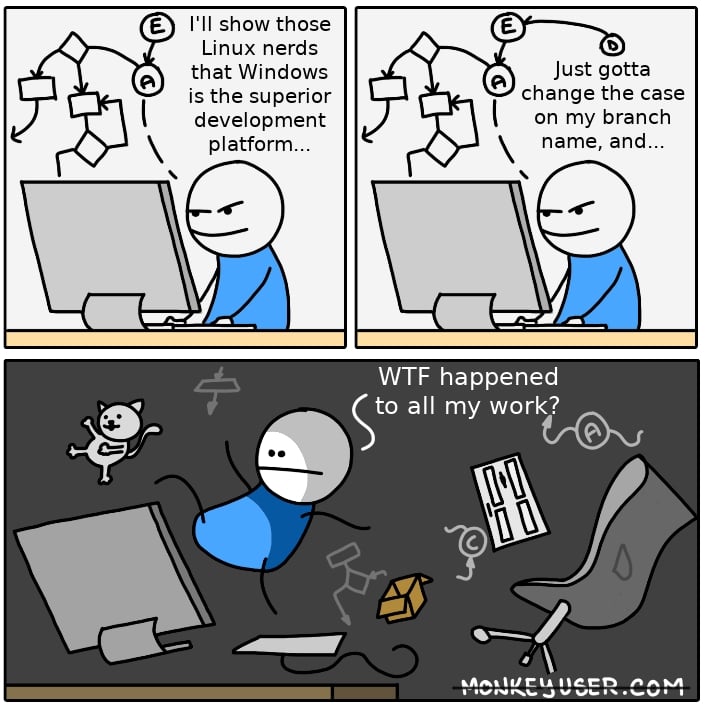Fire up Wireshark on a different machine and transfer a file between two other machines, you won’t see anything.
This is true, but only because we've replaced Ethernet hubs with switches.
An Ethernet hub was a dumber, cheaper device that imitated a switch, but with a fundamental difference: all connected devices were in the same collision domain.
I don’t know too much about WiFi but it probably does the same, it’s just a bridge to the same network.
Wireless communication has the same problem as Ethernet hubs, with no real solution like a switch though. Any wireless transmission involves an antenna, and transmitting is similar to standing in your yard with a bull horn to talk to your buddy two houses down. Anyone with an antenna can receive the wireless signal you send out. Period.
So some really smart people found ways to keep the stuff you send private, but anyone can sit nearby and capture data going through the air, it's just not anything you can use because of the encryption.

It took me getting arrested over some bullshit to get me out, then it was just time and therapy.
I can't recommend a good therapist enough. Mine has helped me untangle lots of things, and I'm still getting better 5 years after the split.